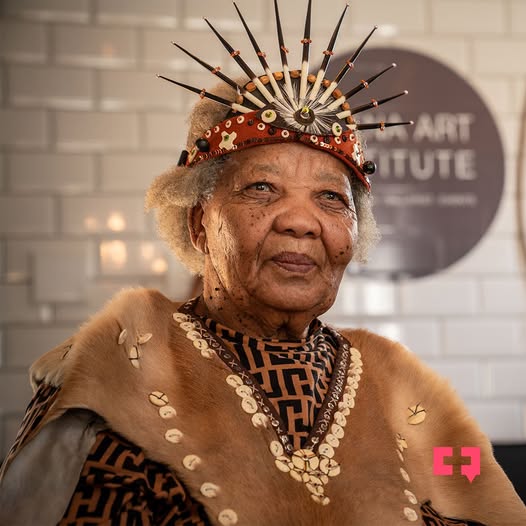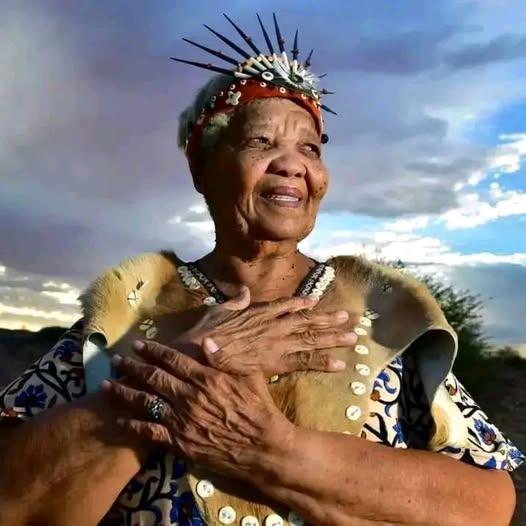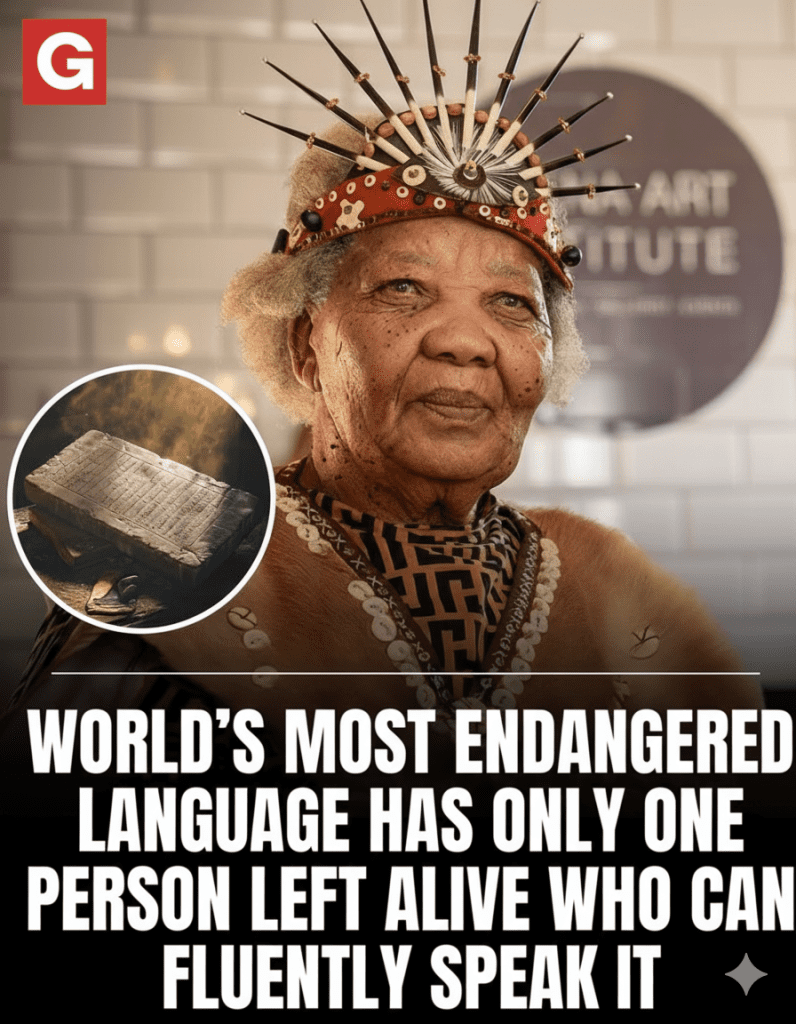How 90-Year-Old Katrina Esau Is Fighting to Keep N|uu, a 20,000-Year-Old San Language, Alive Against All Odds
There are stories that remind us how fragile culture can be, how easily something can slip away if it is not passed on. The story of N|uu, one of the oldest and rarest languages on Earth, is one of those. Once spoken widely among the San people of South Africa for more than 20,000 years, it has been reduced to a whisper on the edge of extinction. And today, that whisper rests on the shoulders of one woman, 90-year-old Katrina Esau.

Katrina is the last fluent speaker of N|uu, a language so unique that it contains clicks and tones unlike anything most of us have ever heard. To think that the voice of an entire civilization’s tongue could live in just one person feels almost unbelievable, but that is the reality. When Katrina speaks, she carries with her not just words but centuries of tradition, memory, and a way of seeing the world that is unlike any other. Each sound is a living connection to ancestors who roamed the deserts and plains of Southern Africa long before modern borders or cities existed.
But Katrina is not resigned to being the last. Even at her age, she has chosen to fight back against silence. From her modest home in South Africa’s Northern Cape, she has turned her daily life into a classroom. Children gather around her as she teaches them the songs, phrases, and stories of N|uu. She knows the odds are against her—reviving a language with only one fluent speaker is almost impossible—but for her, trying is everything. To her, each child who learns a word is another thread in a web that refuses to break.

Her dedication has already left a mark. Katrina published the first children’s book in N|uu, titled !Qhoi n|a Tjhoi, which tells the story of a hungry porcupine. To an outsider, it may look like a small step, just a book. But to her people, and to anyone who understands the value of language, it is a miracle in print. It means that a child holding that book is holding more than a story—they are holding a seed that could grow into the survival of a language older than most nations on this planet.
Languages like N|uu are more than tools for communication; they are living archives of knowledge. In its words are descriptions of plants, animals, and landscapes that modern science often overlooks. In its rhythms are ways of teaching, ways of storytelling, and ways of remembering that cannot be translated fully into any other language. If N|uu vanishes, humanity will lose not just a set of words but an entire worldview. That is why Katrina’s work is not just for her people—it is for the world.

There is a bittersweet weight to her story. Imagine being the last voice of your people’s song, carrying the responsibility of keeping it alive. Some days must feel lonely, almost impossible. Yet Katrina smiles, teaches, and fights with a strength that comes from love. Love for her ancestors, love for the children she teaches, and love for the belief that no language, no matter how small, deserves to die in silence.
Her fight is a reminder for all of us. Every language carries a piece of humanity’s puzzle, and when one disappears, the picture of who we are becomes less complete. The fact that one woman, nearly a century old, is standing as the final wall between survival and extinction for N|uu should move us to care more deeply about the cultures around us.
The world may see her as just one woman, but in truth, Katrina Esau is carrying a nation’s heartbeat. Her voice may be the last of its kind today, but through her teaching, through her book, and through the children who are learning from her, she is making sure it will not be the last tomorrow.



